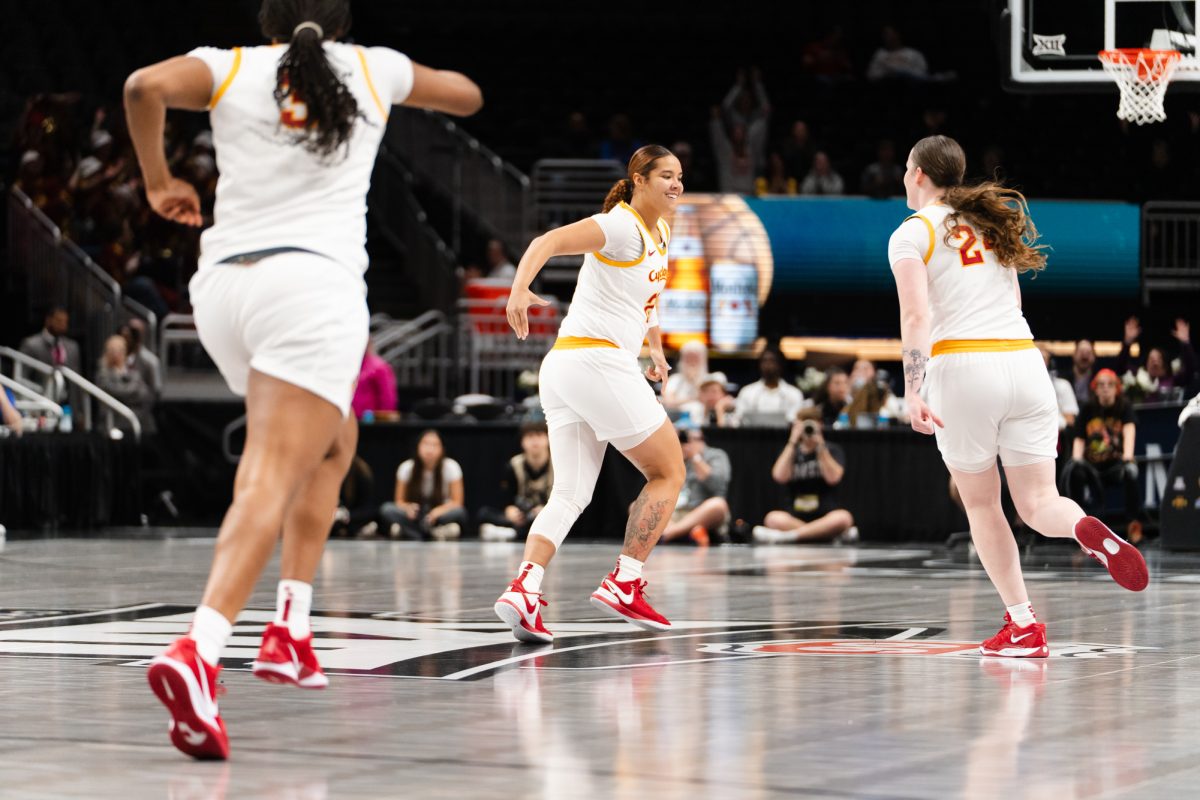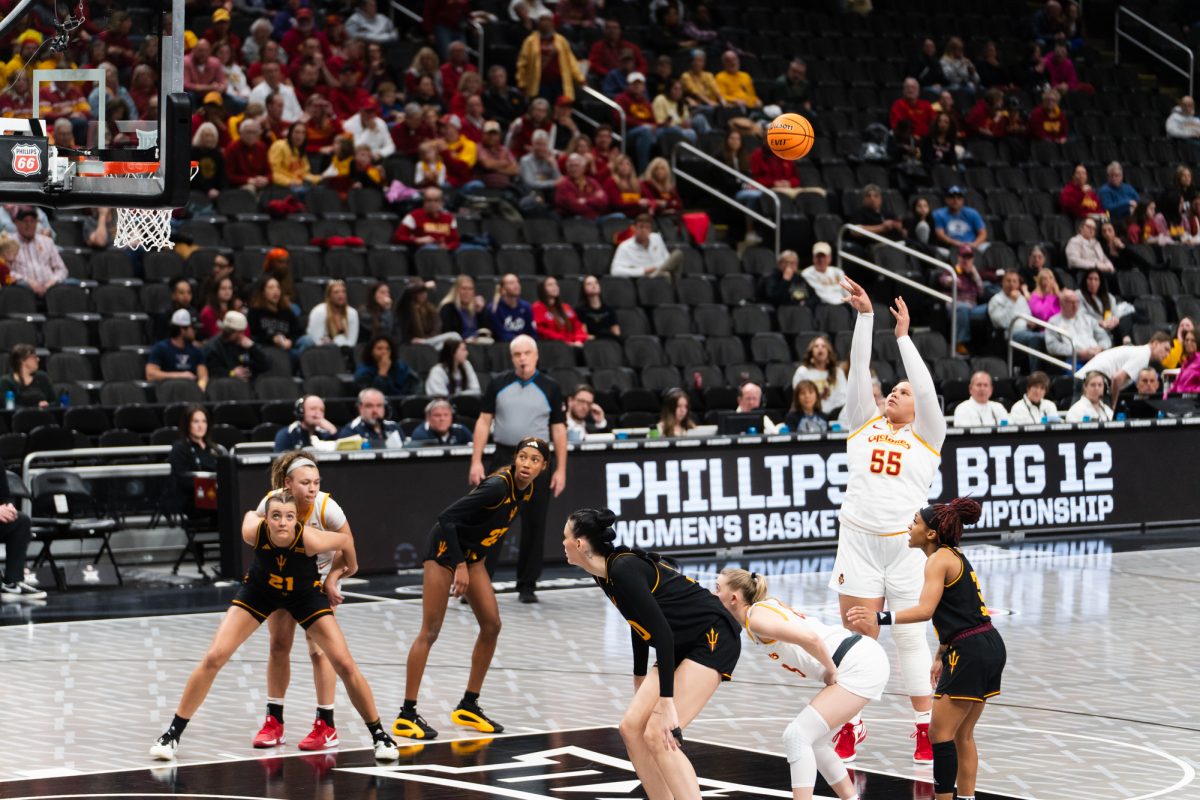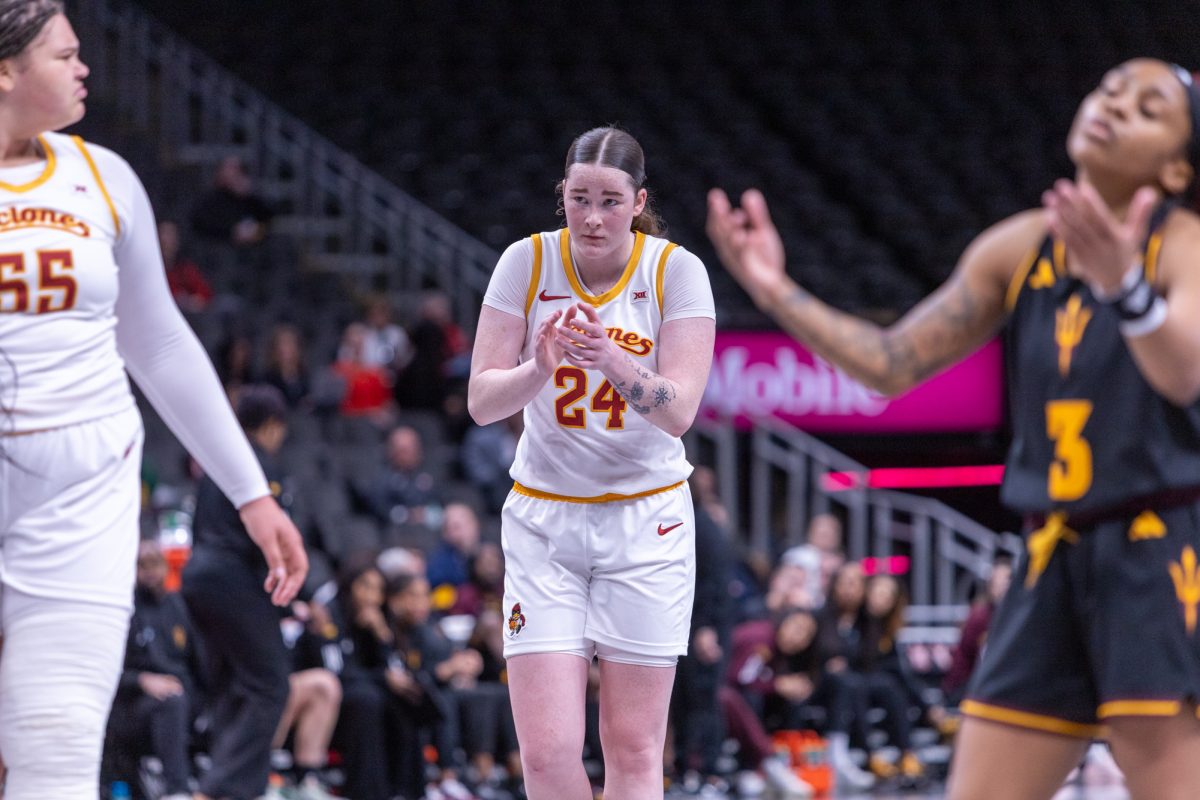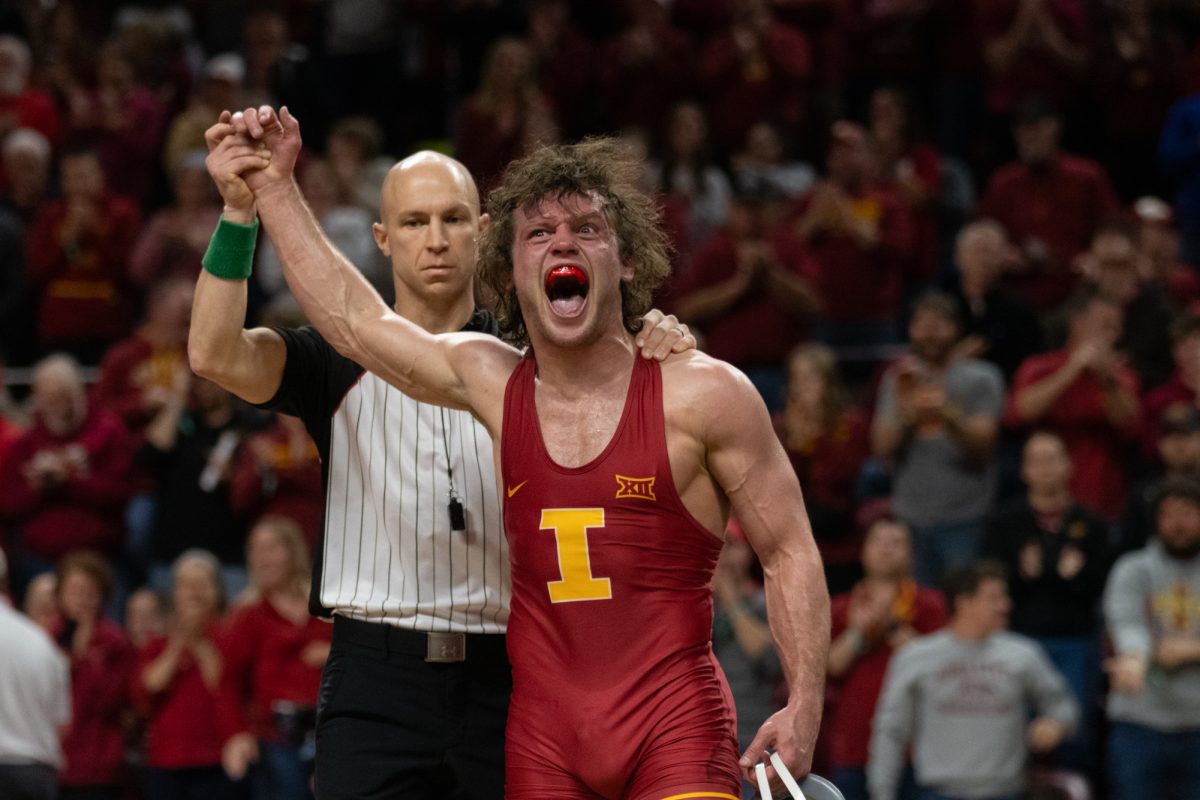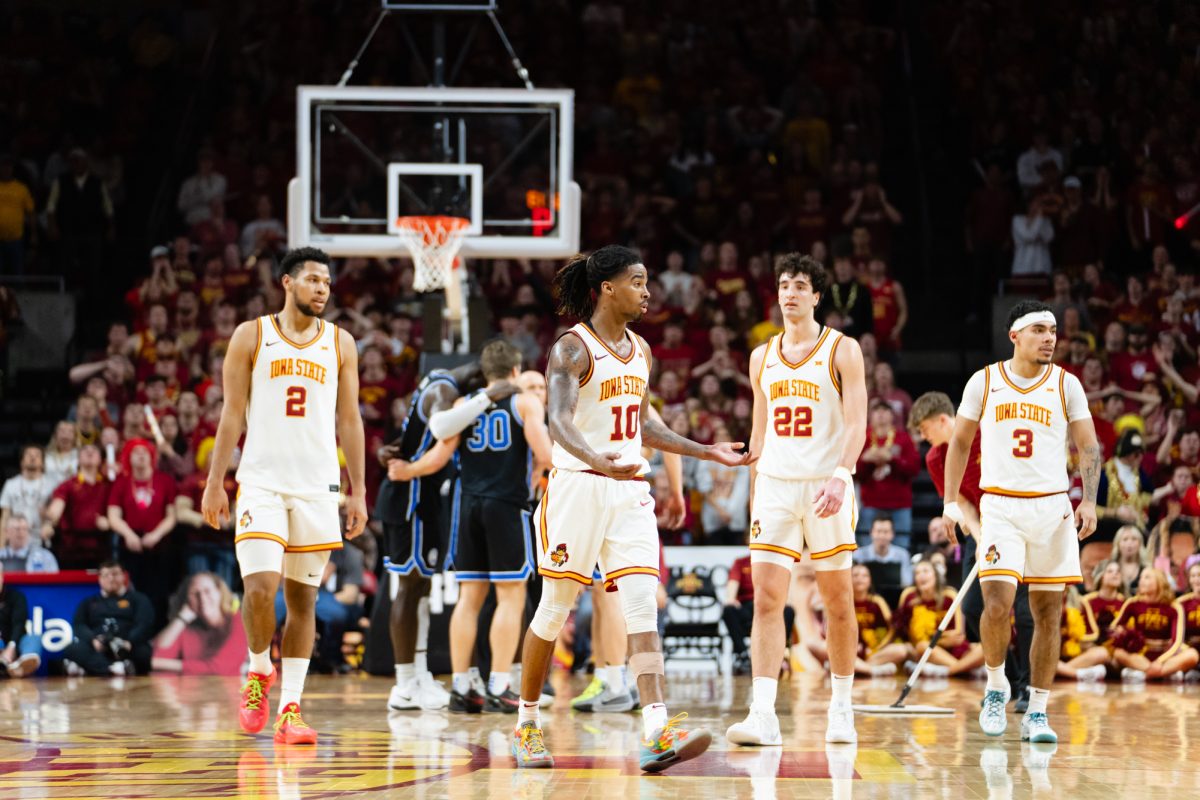Social media plays big role in campaigns
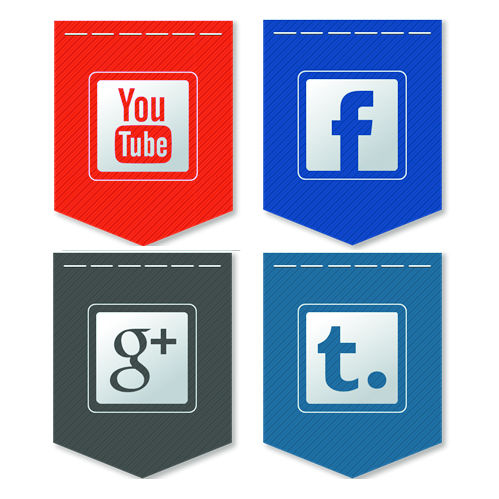
Social media
April 28, 2015
As social media continues to play a larger role in everyday life, presidential hopefuls continue to send the obligatory tweet announcing their campaign.
In less than 140 characters, U.S. Sen. Ted Cruz of Texas was the first candidate to launch a campaign for president in 2015, officially announcing it on his Twitter account that boasts more than 400,000 followers to date.
“I’m running for President and I hope to earn your support!” @TedCruz tweeted, attaching a video with a voiceover saying he’ll lead the fight with “courageous conservatives” who support him.
“Just in terms of using social media, it’s another way to reach voters,” said Tim Hagle, professor of political science at the University of Iowa. “Depending on the particular application, it’s really a way to reach younger voters, as well.”
U.S. Senators Rand Paul and Marco Rubio also used social media heavily leading up to their campaign launches, both promising big announcements on the dates they were expected to launch. Former Secretary of State Hillary Clinton released a video on her new campaign site and then took to social media to tweet her plans to run and travel to Iowa.
Interaction plays a big part, said Kelly Winfrey, lecturer of leadership and education for the Carrie Chapman Catt Center for Women and Politics who has researched how campaigns used Facebook in the 2012 election. Clinton’s announcement tweet on her @HillaryClinton account, which has 3.4 million followers, has been retweeted more than 105,000 times.
“Twitter kind of gives the illusion that you’re talking directly to someone and it allows people to respond back in a way that’s a little more intimate and conversational,” Winfrey said. “As we’ve seen with the announcements or with Hillary tweeting that she’s driving around in her van, it kind of gives a snapshot of what is going on with them, and the hope is that makes them personable.”
While social media may play a role in reaching voters, it can also pose some challenges if campaigns misuse those platforms.
“There is a fine line between staying in people’s minds by tweeting and updating enough so people don’t forget about you, but you don’t want to flood their feeds with all of your stuff because then they’ll just unfollow if it’s overwhelming,” Winfrey said.
Asking for too many donations online is another thing candidates should avoid, Hagle said.
“[Social media] is often a way for people to beg for money,” Hagle said. He also mentioned email lists, which are still frequently used by campaigns to solicit donations.
“If they’re doing it too much, it can be a turnoff. People get tired of it, so they just have the email go right to the junk folder so they don’t see it,” Hagle said. “It’s a bit harder on Twitter to ignore it if you’re actually following them and hoping to get information, but instead you get a string of ‘Hey, I’ve got this thing going on, donate $5.’”
Even with the growing use, campaigning will not be solely reliant on social media. Candidates will continue to hold large rallies and use other Internet tools, like a traditional website, to reach out to voters.
“[Cruz, Paul and Rubio] have made their announcements on social media, but followed up with the rallies, which is a little more of a traditional approach,” Hagle said. “I think for the most part, you’ll still see folks have those kinds of rallies, but also bring in a social media aspect as well.”
Each candidate has already launched a website, some more in-depth than others, but Paul grabbed attention with an interesting web store. His store, which in the end helps with donations, features more than just bumper stickers and T-shirts.
Paul’s store was offering an “NSA Spy Cam Blocker,” a sticker to put over your computer’s webcam, along with a $1,000 Constitution signed by Paul and a broken computer hard drive titled “Hillary’s Hard Drive” for $100. The site says the hard drive is a “100 [percent] genuine erased clean email server,” an obvious shot at Clinton.
“He’s not the first campaign to have gear like that,” Hagle said. “There are still things like buttons and bumper stickers, but [Paul has] some specialized things that have some humor to them. It’s a combination of things that help raise money and help get gear into the hands of your supporters for them to wear and show off.”
Hagle mentioned some Democrats, like Howard Dean, originally earned praise for being some of the first candidates to embrace a new digital campaign, but recently, more Republicans have assembled digital teams to bring their presence online up to date.
The next few months will bring more and more candidates into the crowded Republican primary, and chances are, you will see something about it on social media.


